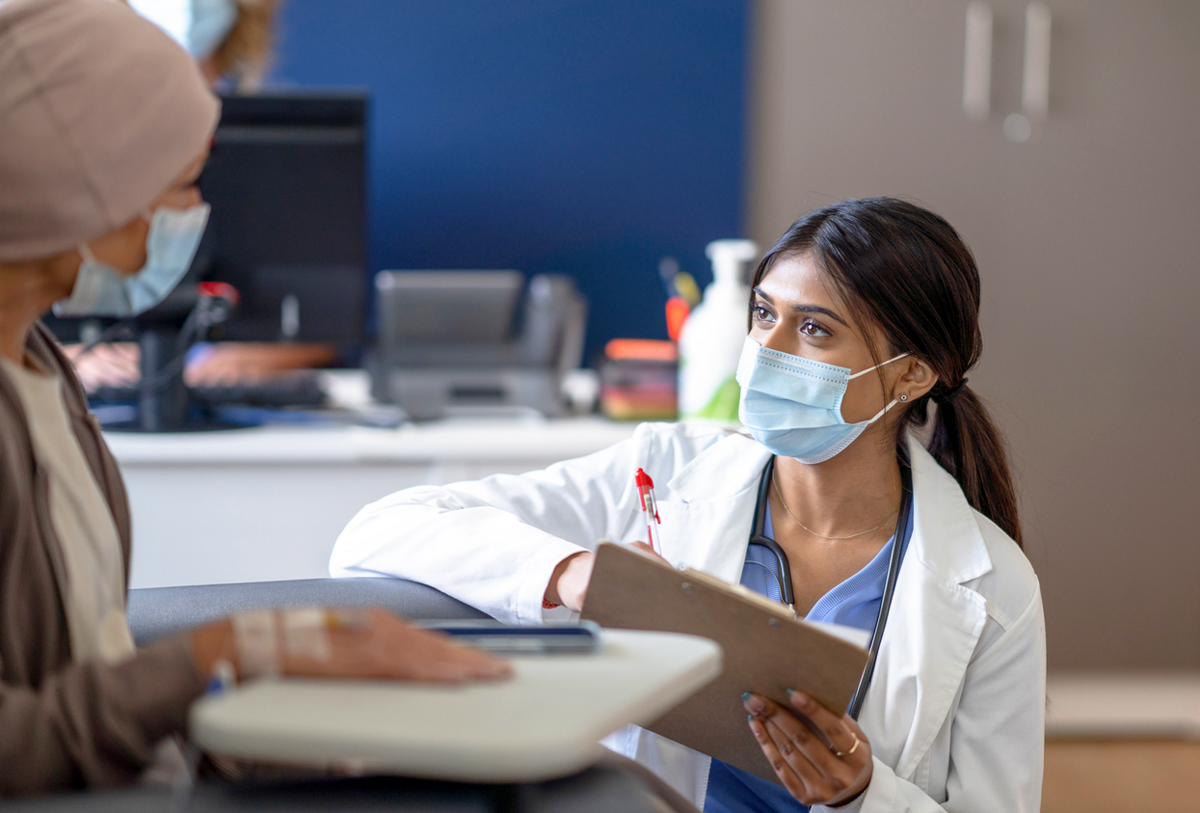Learning objectives that UAlbany students are expected to attain through their course of study within their academic program.
Bachelor of Science
UAlbany’s BS in Nursing program outcomes are derived from the AACN 2021 Core Competencies for Professional Nursing Education.
Each student graduating from the University at Albany BS in Nursing program will:
- Integrate knowledge and skills from a liberal arts education in applying evidence-based solutions and technology to communicate, manage, educate and support decision making across the continuum of lifespan and care settings and is committed to life-long learning. (BSN Essentials I, III, IV & VIII)
- Manage health information and evolving communication technologies to improve care coordination, mitigate errors and provide safe, efficient care. (BSN Essentials IV)
- Integrate critical thinking skills using theory, observation, evidence and practice experiences to help promote and maintain health, prevent disease and manage illness. (BSN Essentials III, VII, IX)
- Demonstrate leadership and professional accountability in advocating for and influencing policy decisions to improve healthcare that is ethical, effective, timely, efficient and equitable for all members of society. (BSN Essentials II, V, VI, VIII)
- Collaborate within nursing and inter-professional teams fostering open communication, mutual respect and shared decision making in a safe caring environment, which results in high quality patient outcomes for diverse populations. (BSN Essentials II, VI)
- Deliver safe, holistic, person-centered care, demonstrating a commitment for embracing diversity and cultural differences in promoting health for self, individuals, families and communities. (BSN Essentials VIII, IX)




